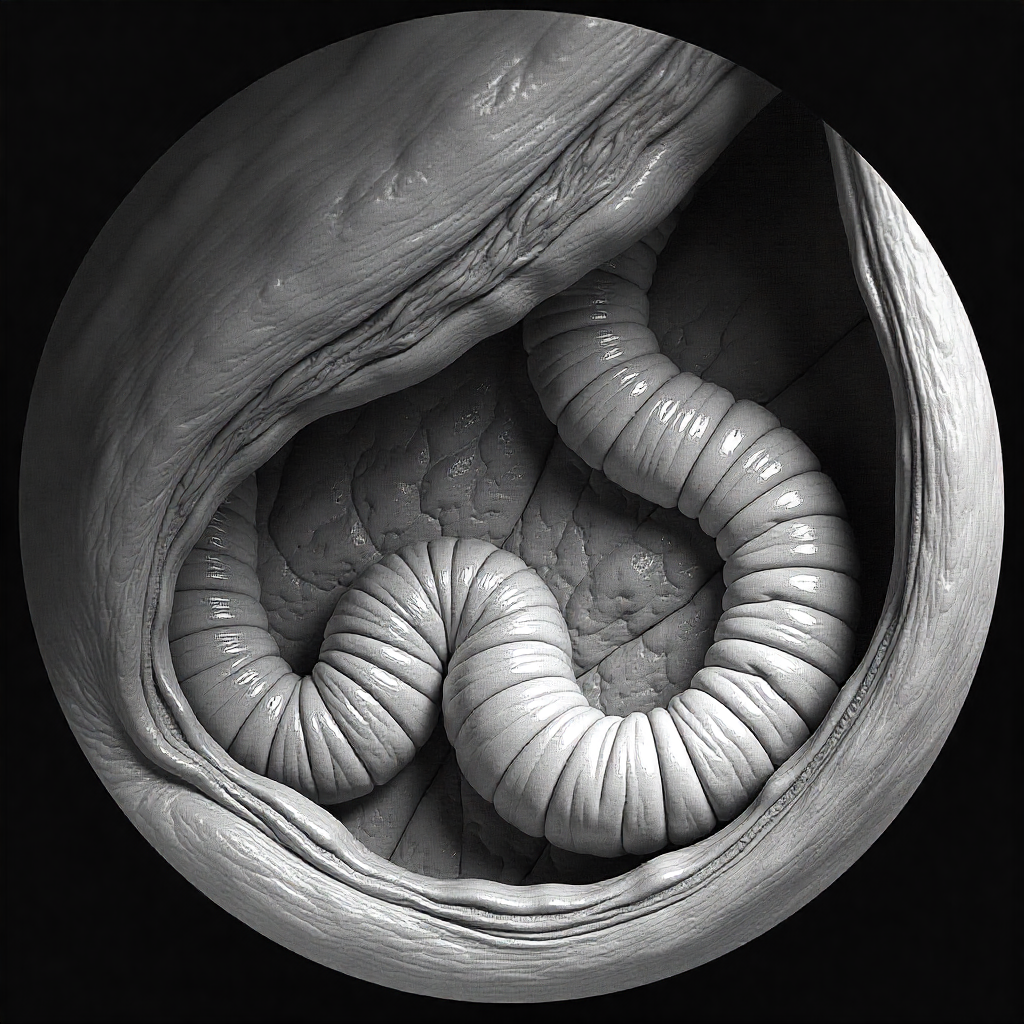
Meta Description:
Are piles contagious? Discover the truth about hemorrhoids, their causes, prevention, and treatments. Learn whether you can “catch” piles from others and how to manage them naturally.
Introduction
Piles, commonly known as hemorrhoids, are one of the most misunderstood health conditions. Millions of people worldwide suffer from this problem, yet myths and misconceptions often surround it. A frequently asked question about this condition is, ‘Can piles be contagious?’
“Simply put, piles cannot be transmitted from one person to another—they are not contagious.” You cannot “catch” them from someone else through touch, sharing food, or any kind of physical contact. However, piles are still a medical condition that needs proper care and attention because they can cause discomfort, pain, and lifestyle limitations if left untreated.
In this article, we will uncover the shocking truth about piles, explain why they are not contagious, explore their actual causes, symptoms, and treatments, and provide practical tips for prevention. By the end, you’ll have a clear understanding of files and know how to manage them effectively.
What Are Piles?
Piles, or hemorrhoids, are swollen veins in the anal or rectal area, classified as internal or external based on their location. They are similar to varicose veins but occur in the anal area. Depending on their location, piles are classified into two main types:
Internal piles develop inside the rectum, usually causing no pain, but in some cases, they may result in bleeding
External piles—Located under the skin around the anus and can be painful, itchy, and swollen.
Both types can vary in severity. In some cases, piles may resolve on their own with lifestyle changes, while in others, medical treatment or surgery may be necessary.
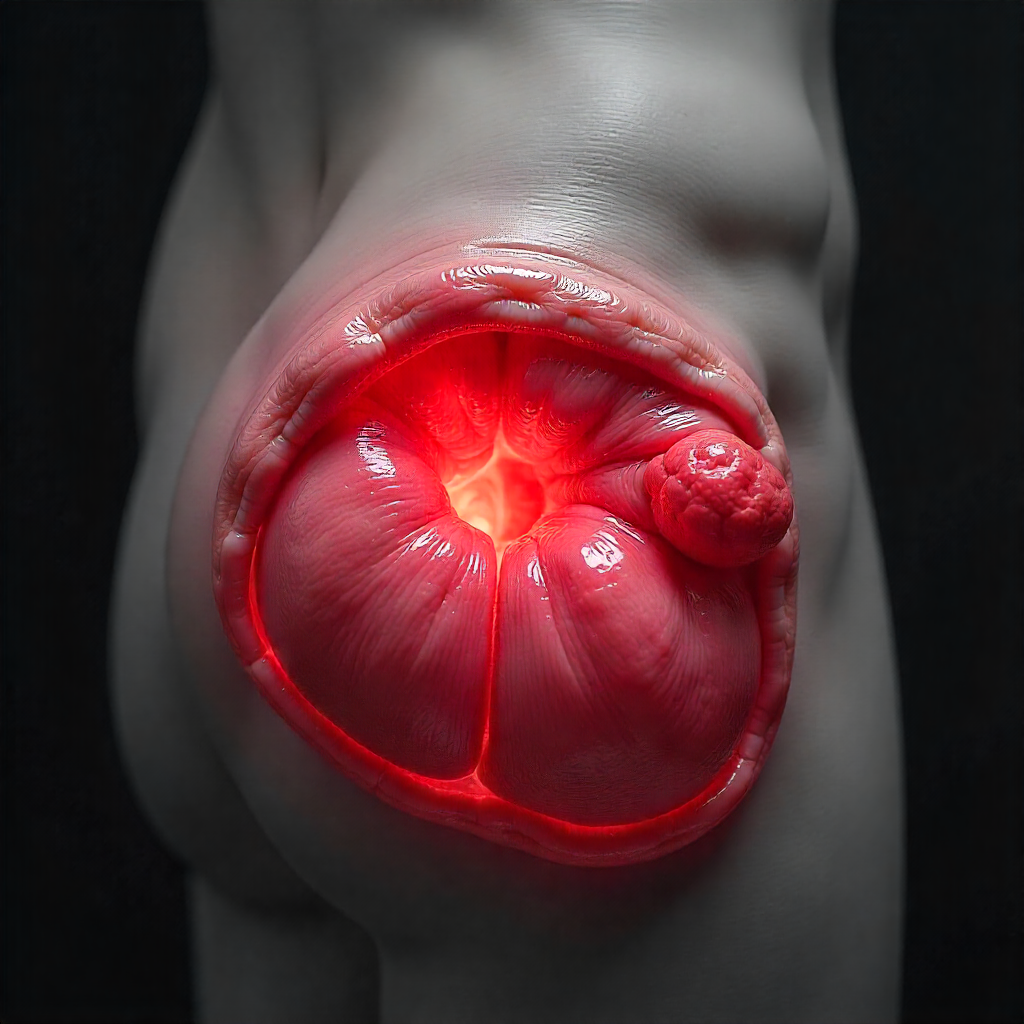
Are Piles Contagious? The Truth Revealed
One of the biggest myths is that piles spread from one person to another. This belief is completely false. Here’s why:
Piles are not infections and are neither caused by bacteria nor viruses. They result from pressure, strain, or poor lifestyle habits, not from pathogens.
No risk of transmission—even if you come in direct contact with someone who has piles, you cannot “catch” the condition.
Individual causes—Each person develops piles due to their own risk factors, such as constipation, pregnancy, or sitting for long hours.
Therefore, piles are not contagious in any way. They are a health condition related to lifestyle, genetics, and body functions, not something you inherit by contact.
Common Causes of Piles
Since piles are not contagious, it’s important to understand what actually causes them. Some of the most common reasons include:
1. Chronic Constipation
Straining during bowel movements is one of the biggest causes of piles. When stool is hard and dry, it increases pressure on rectal veins, leading to swelling.
2. Prolonged Sitting
- Prolonged Sitting
Spending extended periods sitting, particularly on the toilet, can place added pressure on the veins around the anus. - Pregnancy
Pregnant women are more prone to piles due to increased pressure in the abdominal area and hormonal changes.
4. Obesity
Excess body weight can contribute to higher pressure in the lower body, increasing the risk of piles.
5. Low-Fiber Diet
A diet lacking in fiber can lead to constipation, which indirectly causes piles.
6. Heavy Lifting
Regularly lifting heavy objects or performing strenuous physical activities can increase pressure on the veins in the rectal area.
7. Aging
As people age, tissues that support the veins in the rectum and anus may weaken, making them more susceptible to piles.
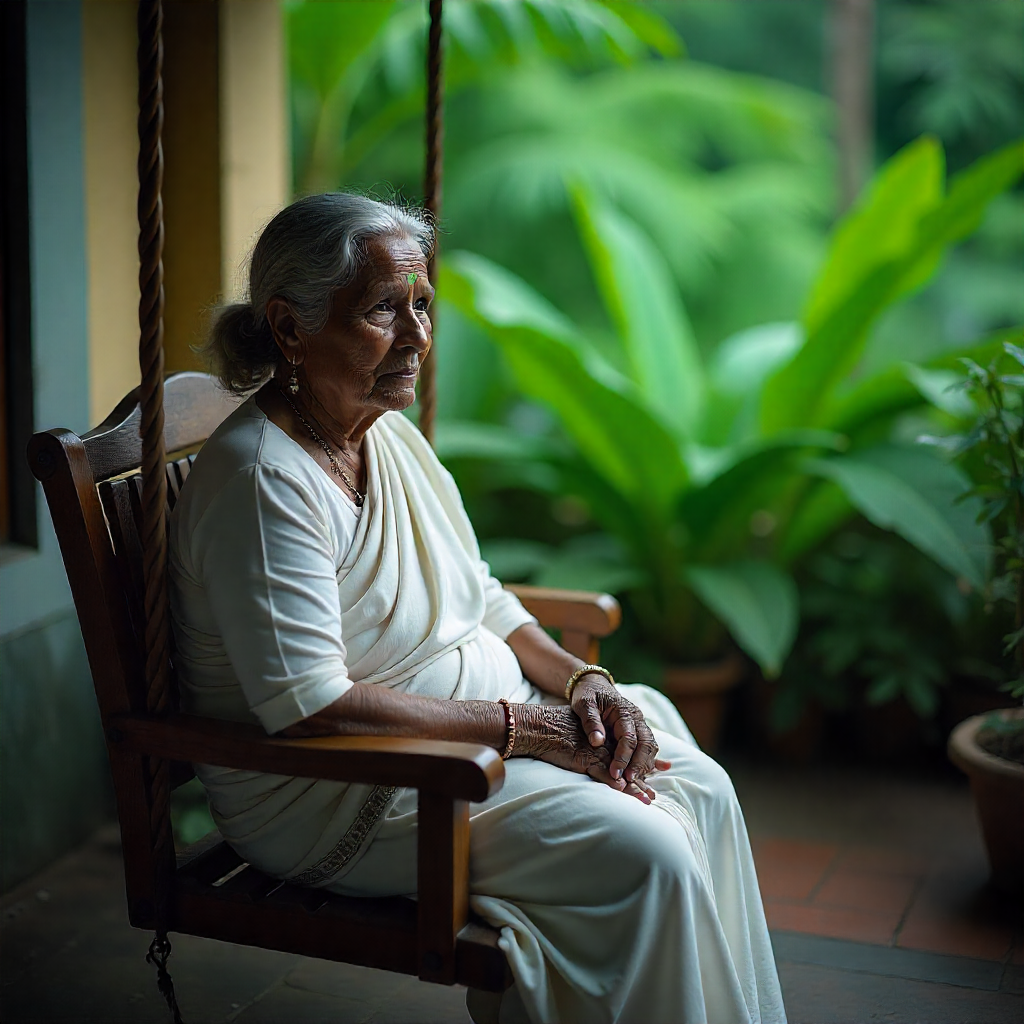
Symptoms of Piles
Identifying the signs of piles at an early stage can make treatment more effective. Some of the key symptoms are
Bleeding during bowel movements (bright red blood)
Itching or irritation around the anus
Pain or discomfort while sitting
Swelling or lumps near the anus
Mucus discharge after passing stool
Feeling of incomplete evacuation
If these symptoms persist, it’s important to consult a doctor for a proper diagnosis.
How Piles Are Diagnosed
In most cases, doctors identify piles with a basic physical check-up. If needed, further examinations may be carried out, such as a digital rectal exam, which helps detect internal hemorrhoids.
Anoscopy—A small device inserted into the anus for a clearer view.
Colonoscopy or sigmoidoscopy—Recommended if there’s rectal bleeding to rule out other conditions.
Treatment Options for Piles
The treatment of piles depends on their severity. Here are some common approaches:
1. Home Remedies
Fiber-rich foods—
Including fruits, vegetables, and whole grains in your meals helps keep stools soft and easy to pass.
Proper hydration—drinking enough water daily—supports smooth digestion and reduces the risk of constipation.

Warm baths
—Sitting in warm water can reduce pain and swelling.
Topical creams—Over-the-counter ointments help relieve itching and burning.
2. Medical Treatment
Rubber band ligation—A tiny band is placed at the base of a hemorrhoid to restrict blood flow, causing it to shrink.
Sclerotherapy—A chemical solution is injected to shrink the hemorrhoid.
Infrared coagulation—A treatment that applies heat to shrink and seal off hemorrhoidal tissue.
3. Surgical Option
For severe cases, doctors may recommend:
Hemorrhoidectomy – Surgical removal of hemorrhoids.
Stapled hemorrhoidopexy—a surgical method that reduces piles by cutting off the blood supply to the affected hemorrhoidal tissue.
Healing Hands PiloKit Complete Piles Care Kit – 15 Days, Kit includes PiloSpray + PiloTab + ConstiTab, Patented Plant Based Piles Solution, Clinically Proven, Herbal & Natural Piles Care (Buy Now)
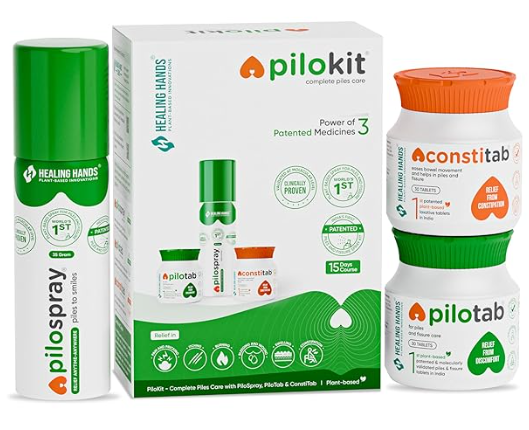
Lifestyle Changes to Prevent Piles
Since piles are not contagious, prevention focuses on personal habits and lifestyle. Below are some practical tips to help prevent piles from developing:
Eat more fiber—include oats, flaxseeds, beans, and leafy greens in your diet.
Stay properly hydrated by drinking nearly 8 glasses of water daily to keep your system functioning smoothly.
Exercise regularly—it improves digestion and reduces constipation.
Prevent straining—respond to your body’s natural urge to have a bowel movement instead of forcing it.
Limit sitting time—avoid sitting on the toilet for long periods.
Maintain a healthy weight—reduces pressure on rectal veins.
Practice good hygiene—keep the anal area clean and dry to prevent irritation.
Myth vs. Fact about piles
Piles are contagious Piles cannot spread from person to person
Only old people get piles. People of all ages can develop piles
Spicy food causes piles. Spicy food doesn’t cause piles but may worsen symptoms
Surgery is the only treatment Many cases can be managed with diet, lifestyle, and simple treatment
When to See a Doctor
While piles are not life-threatening, ignoring them can lead to complications such as severe bleeding, anemia, or strangulated hemorrhoids. See a doctor if you experience:
Excessive rectal bleeding
Severe pain and swelling
Blood clots around the anus
Piles that don’t improve with home remedies
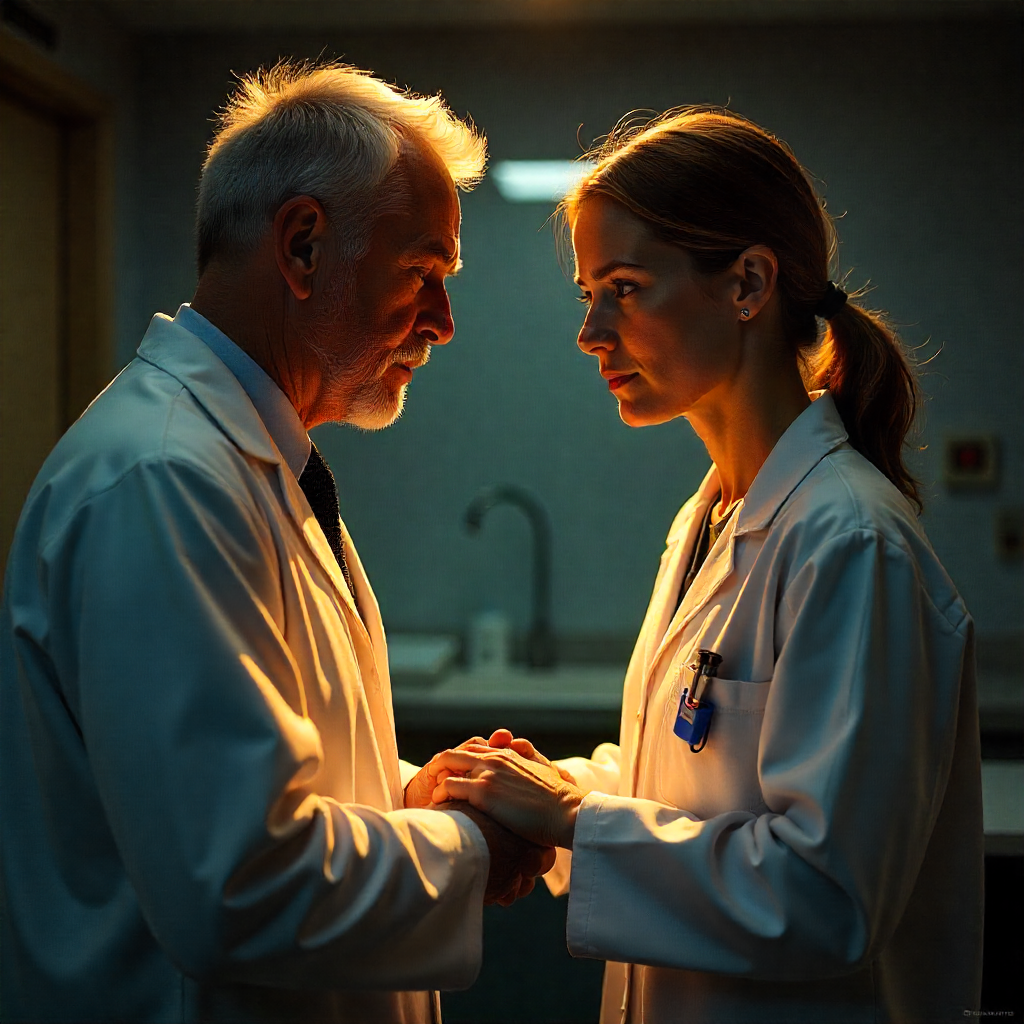
So, are piles contagious? Absolutely not. Piles are a medical condition caused by pressure, lifestyle habits, and other individual factors, not by germs or infections. You cannot get them from someone else, nor can you spread them to others.
What matters most is proper prevention and timely treatment. By maintaining a healthy lifestyle, eating a balanced diet, and practicing good bathroom habits, you can lower your risk of developing piles and manage them effectively if they occur.
Remember, piles are common and nothing to be ashamed of. Seeking medical help early can make treatment easier and prevent complications
Conclusion
Piles are a common yet often misunderstood condition. The most important fact to remember is that piles are not contagious. You cannot catch them from someone else, and they cannot spread through physical contact, toilet seats, or sharing food. Instead, piles develop due to individual factors like constipation, poor dietary habits, sedentary lifestyle, pregnancy, or aging.
If you are struggling with piles, know that you are not alone—and there is no need to feel embarrassed. With the right lifestyle changes, a fiber-rich diet, good hydration, and proper medical care, piles can be managed effectively. For severe cases, modern medical treatments and procedures are available that provide lasting relief.
Instead of suffering in silence, take action. Consult a healthcare professional, follow preventive measures, and make small but consistent changes to your lifestyle. Remember, good health begins with awareness, and piles are a condition you can overcome with timely care.
Faq’s
Q1. Can piles spread through toilet seats?
No. Piles are not caused by infections or germs, so they cannot spread through toilet seats.
Q2. Is it safe to have physical contact with someone who has piles?
Yes. Piles are not contagious, so normal interactions like shaking hands, hugging, or sharing meals are completely safe
Q3. Do piles go away on their own?
In mild cases, piles may go away with dietary changes, hydration, and proper hygiene. Severe cases may require medical treatment.
Q4. Can children get piles?
Yes. Although less common, children can develop piles due to constipation or straining
Q5 Does stress cause piles?
Stress alone does not cause piles, but it can affect digestion and bowel habits, indirectly contributing to the condition.
Q6. Is surgery always required for piles?
Surgery is only needed in severe or chronic cases.
Q7. What foods should I avoid if I have piles?
Avoid processed foods, excess caffeine, alcohol, and spicy meals, as they may worsen symptoms. Focus instead on a high-fiber, balanced die
